The Right Question Institute, its staff, and its strategies have appeared in or mentioned in KQED, WBUR, The Boston Globe, The Atlantic, Education Week, The New York Times and many other publications. Peruse these publications and media appearances below.
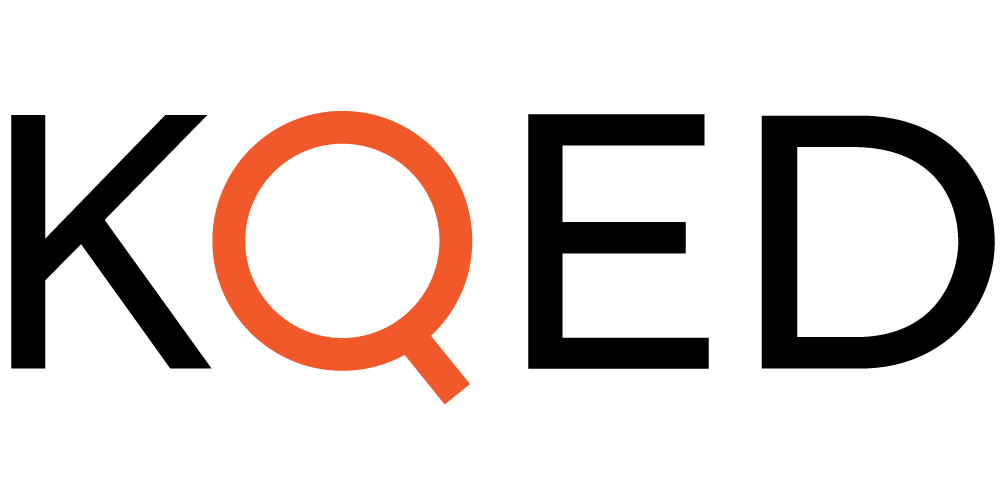
How Helping Students to Ask Better Questions Can Transform Classrooms
Normally Donour would have given students the goals of the lab and a step-by-step process to follow -- like a cookbook recipe -- because she wasn’t sure they had the ability to ask their own questions. This time, she showed students an image of firecrackers and guided them through the QFT to help them develop their own questions about what was going on in the image. “They were asking the same questions that I would have asked in developing the lab,” Donour said. “And that was a real shock for me.”
By Katrina Schwartz, May 21, 2018, KQED.

Are we asking the right questions?
On a recent Friday morning, a classroom of teenagers at Cambridge Rindge and Latin School broke up into small groups and spent an hour not answering questions about Albert Camus’s “The Plague.” It wasn’t that the students were shy, or bored, or that they hadn’t done the reading. They were following instructions: Ask as many questions as they could, and answer none of them.
By Leon Neyfakh, May 20, 2012, The Boston Globe.
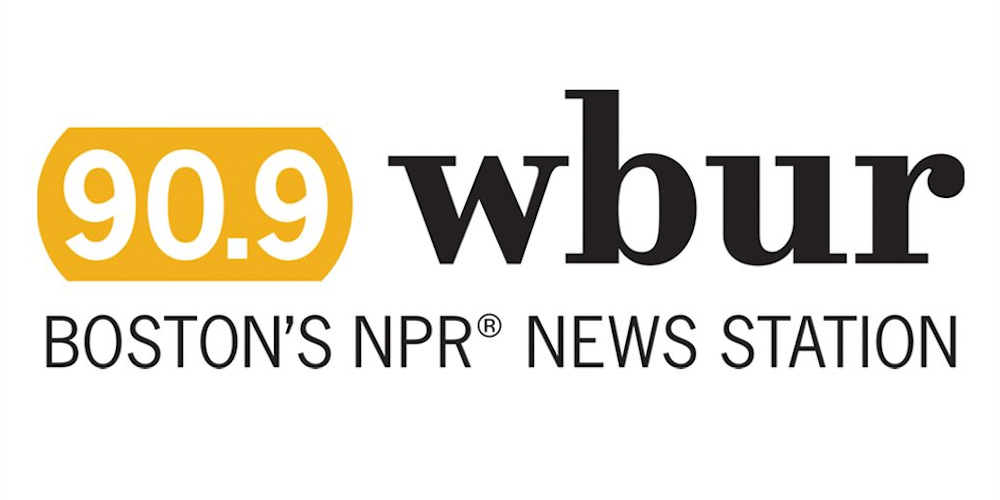
Educators Want Students to Ask the Questions
Educators Dan Rothstein and Luz Santana want to turn the standard model on its head. They’ve founded the “Right Question Institute,” based on the idea that it’s much more effective to teach students to formulate and ask their own questions. It’s critical not just for the classroom, but for students’ lives.
By Robin Young, August 23, 2012, WBUR.
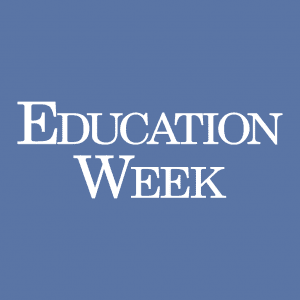
The Importance of Curiosity and Questions in 21st-Century Learning
Asking questions is not simply a means to gather information. Rather, by asking questions, students can identify their own knowledge gaps and think critically about what they are learning, assess information from individuals and other sources of information, think creatively and divergently, and work constructively with others. Curiosity and the skill of formulating questions supports the 4 Cs while also tapping into a skill that is not highlighted in the Framework for 21st Century Learning.
By Andrew P. Minigan, May 24, 2017, Education Week.
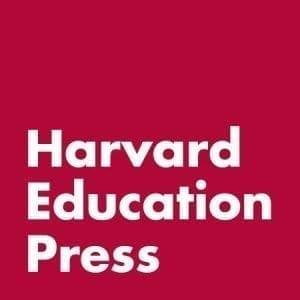
A Pathway out of Poverty for Students in Low-Income Communities: Learning to Ask Questions
I was working on a drop-out prevention program sponsored by the Annie E. Casey Foundation. We were trying to recruit parents to participate more actively in their children’s education. The parents told us that they would not participate, would not even go to their children’s schools, because they “didn’t know what to ask.”
By Luz Santana, May 21, 2015, Harvard Education Press.
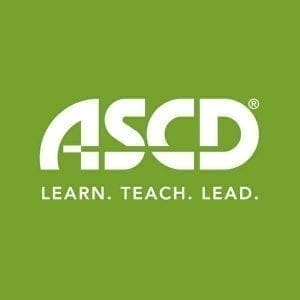
Helping Parents Ask Good Questions
The Right Question Institute's work with educators across America has taught us that many schools have little time and few resources, if any, to devote to family partnerships, even when they want to. We've spent more than 25 years working in diverse settings developing a family engagement strategy that's practical, quick to deploy, and adaptable: the Right Question School-Family Partnership Strategy.
By Luz Santana, September 28, 2017, ASCD.

The Power of ‘Why?’ and ‘What If?’
Recently I had a conversation with a chief executive who expressed concern about several of her senior managers. They were smart, experienced, competent. So what was the problem? “They’re not asking enough questions,” she said.
By Warren Berger, July 2, 2016, The New York Times.

Did Socrates Get it Wrong?
Where did you learn to ask questions? Did you know the skill of asking questions is not used, shared and definitely not taught very well? Even worse, educators are given little training and often indirectly discouraged from spending time on teaching the skill. There's good news with a deceptively simple solution to the problem. Its called the Question Formulation Technique and you have a chance to learn and experience it.
By Dan Rothstein, March 4, 2012, TEDx.

Educating an Original Thinker
In his new book, Originals: How Non-Conformists Move the World, the writer, Wharton professor, and erstwhile magician Adam Grant explores the circumstances that give rise to truly original thinkers.
By Jessica Lahey & Adam Grant, February 12, 2016, The Atlantic.

Helping Families Ask Questions Could Be Your Most Powerful Engagement Tool
Now, the Right Question Institute is going back to its roots, leading workshops with parents and districts around using the QFT to learn about three important parts of parenting in the American education system: supporting, monitoring and advocating for one's child in school. Additionally, they’re helping parents to look beyond simple answers in order to question how decisions get made at the school and district level.
By Katrina Schwartz, November 14, 2018, KQED.
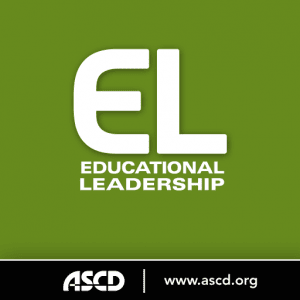
Making Questions Flow
Are questioners born or made? What happens to the “born questioners” when they enter school at 5 years old? Do they become “unmade questioners?” Or maybe we should be asking this: What can we do to ensure that by the time all students leave high school, they’re proficient at asking questions?
By Dan Rothstein, Luz Santana, & Andrew P. Minigan, September 1, 2015, ASCD Educational Leadership.

How Brainstorming Questions, Not Ideas, Sparks Creativity
Brainstorming has developed a fraught reputation, perhaps deservedly so. When groups of people are thrown together and expected to come up with original ideas, there is often too much pressure to be creative–resulting in ideas that are anything but.
By Warren Berger, June 6, 2016, Fast Company.

CBS News Interview
By Dan Raviv and Dan Rothstein, May 3, 2018, CBS News.